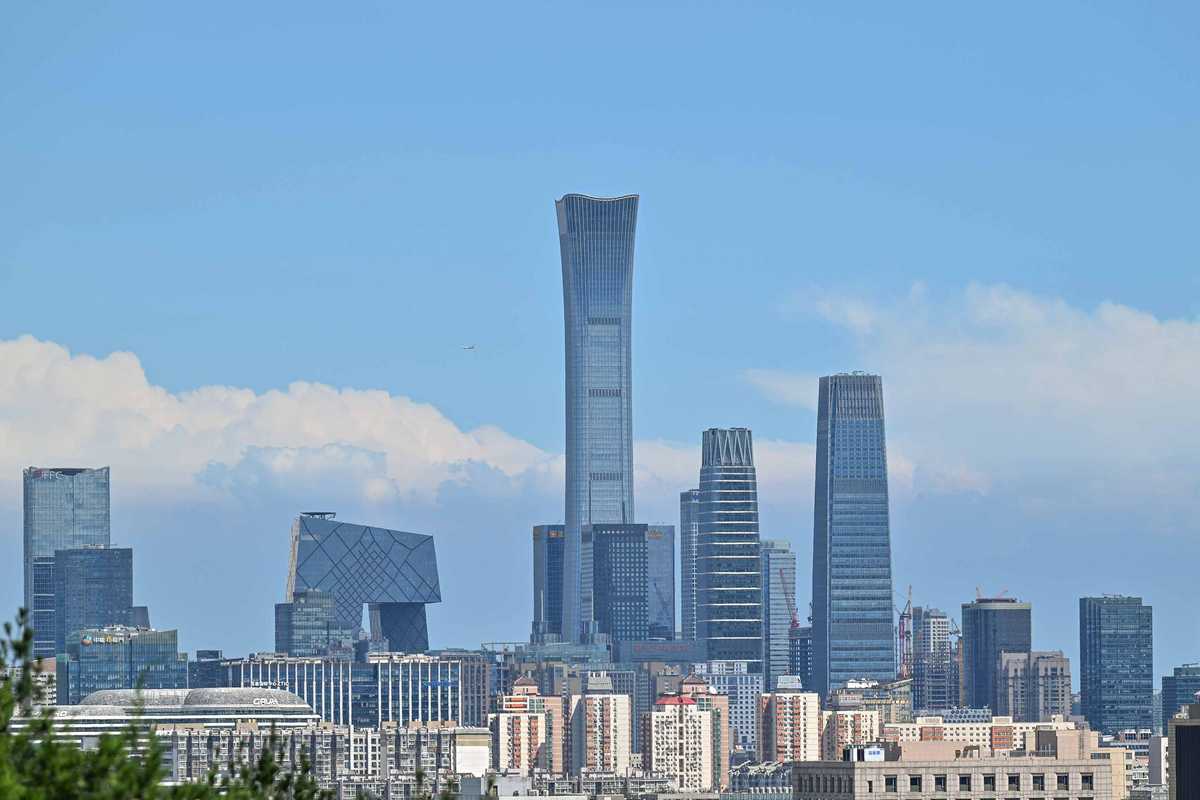Realizing unified national market progress high on agenda


China is accelerating efforts to build a unified national market in a bid to promote efficient allocation of resources, safeguard fair competition, and attract global resources and investors, officials said on Tuesday.
Their comments came as the National Development and Reform Commission, the country's top economic regulator, on Tuesday unveiled trial guidelines for building a unified national market, saying the country will implement a unified market access system and encourage fair competition.
"Building a unified national market and fully leveraging the advantages of China's ultra-large domestic market will provide a solid foundation for resource aggregation, innovation stimulation, industrial upgrading and bolstering growth," said Wang Shancheng, director of the Department of Comprehensive System Reform at the NDRC.
"It will also give us strong confidence to cope with global changes and open up new prospects."
Wang said at a news conference in Beijing on Tuesday that building an efficient, standardized, fair and fully open unified national market is beneficial for promoting the smooth flow and efficient allocation of resources over a larger area, reducing market transaction costs and creating a favorable market environment.
"It is also conducive to boosting demand with high-quality supply," he added.
Looking ahead, Wang said the country will continue to revise and shorten the negative list for market access and introduce the updated 2025 version in the future.
The NDRC plans to improve the system for managing business entity registration matters and enhance the efficiency of enterprise relocation services. The revision of the tendering and bidding law, government procurement law and related regulations will be accelerated, and it will help speed up the legislative process for the social credit construction law.
The commission will also establish a long-term mechanism to address issues that hinder the building of a unified national market, taking swift action against violations and announcing typical cases.
Wang highlighted that building a unified national market means creating a globally oriented, fully open market — one that ensures all businesses receive fair and equal treatment.
"It is by no means about creating a small, self-contained cycle, nor is it about operating in a closed-off manner," Wang noted. "We are committed to expanding high-standard opening-up, and creating a world-class business environment that is market-oriented, law-based and internationalized."
With smooth domestic economic circulation, he said the country aims to attract global resources and factors, providing a broader development platform for all types of business entities. "This will enable investors from all over the world to share in the development opportunities and achievements of China's modernization."
Wang's views were echoed by Li Weizheng, deputy director of the department of market system construction at the Ministry of Commerce, who said the unified national market is not an inward-looking initiative, but one designed to connect with the global economy.
"The ministry will insist on advancing high-standard opening-up, actively aligning with international high-standard economic and trade rules, promoting reform through openness, driving efficient connectivity between domestic and international markets, and facilitating the construction of a unified national market," Li said.
Miao Dan, deputy director of the planning and finance department at the State Administration for Market Regulation, said the administration is working with the National Archives Administration to study and formulate a regulation on business entity registration file management to simplify the process for businesses relocating across regions.
Miao said the administration will accelerate the formulation of implementation guidelines for fair competition review regulations as part of its larger drive to end local protectionism and unify the fragmented market.
Looking ahead, Wang Chenwei, director of the Macroeconomy Research Office at the NDRC's Economic System and Management Institute, said the country needs to integrate the transformation of government functions with the innovation of management methods as well as combine the stimulation of market vitality with the improvement of market supervision.
ouyangshijia@chinadaily.com.cn




































